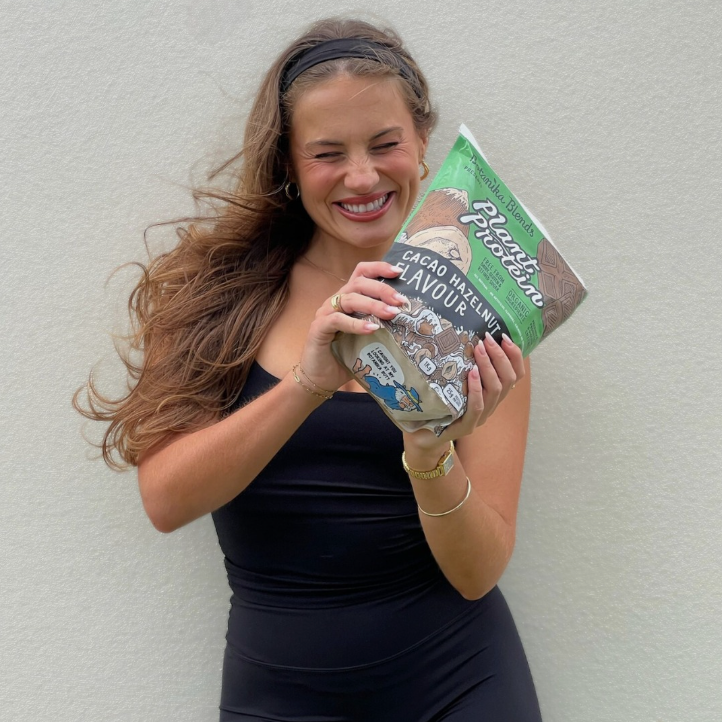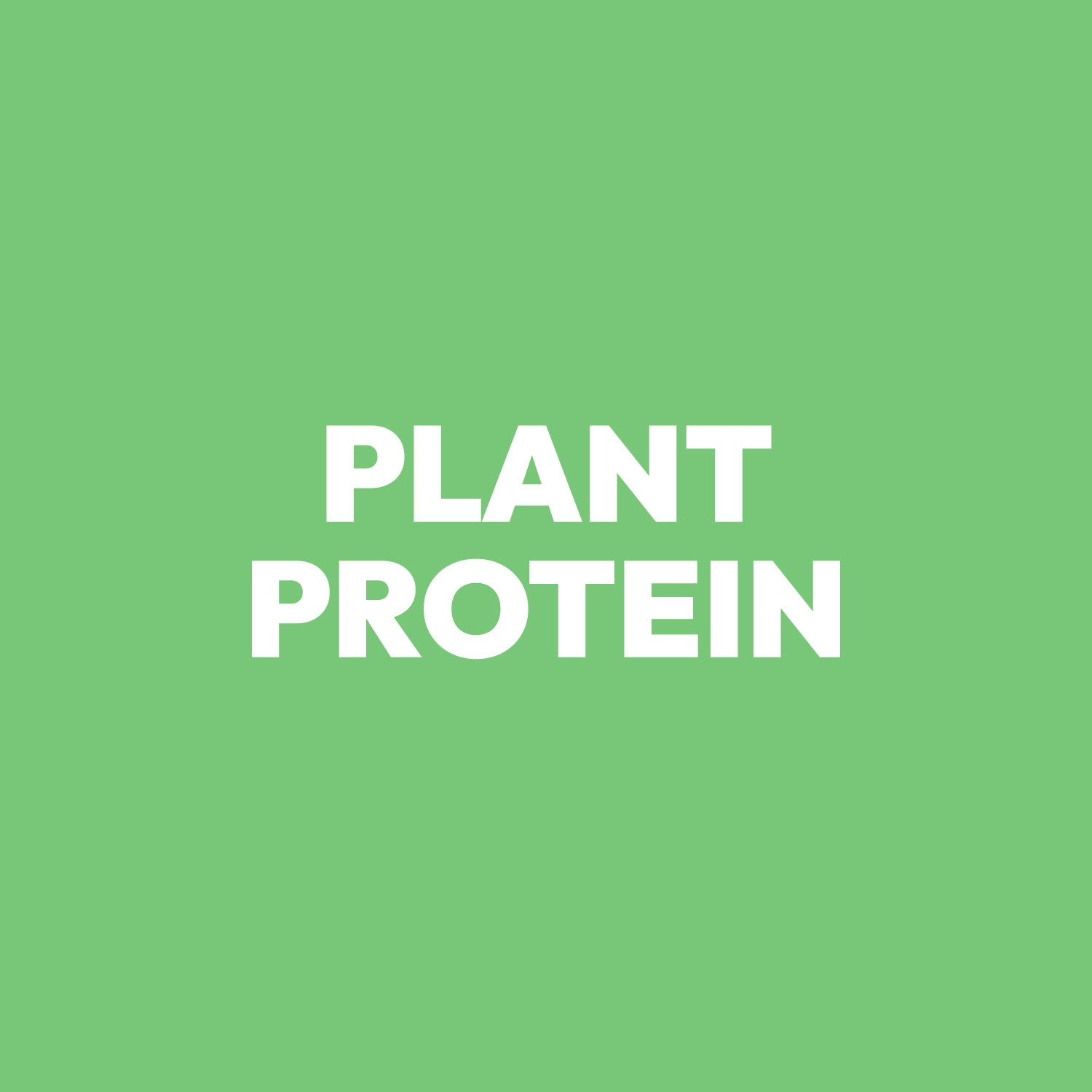

Vegan Keto Diet: Low Carb Life
If you’ve ever thought, “Can I ride the keto wave without eating bacon, eggs or cheese?” — the short answer is yes. The vegan keto diet (or vegan ketogenic diet) merges the low‑carb, high‑fat goals of keto diets with the ethics and benefits of a vegan diet. It’s tricky, yes, but for those who plan well, it can deliver weight loss, better blood sugar control, and a cruelty‑free approach to ketogenic living.

In this article, we’ll explore how the vegan keto diet works, the pros and pitfalls, some smart meal ideas (including your plant proteins), and whether it’s sustainable long term.
What Is the Vegan Keto Diet?
The ketogenic diet is usually high in fats, moderate in protein, and very low in carbs. The goal is to train your body to burn fat and produce ketones instead of relying on glucose. Carb intake is typically limited to 20–50 g net carbs per day.
👉 Check this article about plant based diet
A vegan diet, by contrast, excludes all animal products. That makes combining the two quite restrictive: many traditional keto staples (butter, cheese, eggs, heavy dairy) are off the table. But you can create a vegan ketogenic diet by focusing on:
-
Healthy fats from plants: avocado oil, coconut oil/cream/milk, olive oil, nuts and seeds
-
Low carb vegetables: leafy greens, brussels sprouts, cauliflower rice, zucchini noodles
-
Vegan protein sources: tofu, tempeh, seitan (if your carb overhead allows), plant protein powders
-
High-fat dairy alternatives: vegan butter, vegan cheese, unsweetened coconut‑based yogurt
-
Nuts and seeds, pumpkin seeds, chia seeds, almond butter, sunflower seeds
-
Avoiding starchy vegetables, sweet potatoes, whole grains, maple syrup, legumes like black beans in large quantities
Because the diet is so tight, it requires vigilance to hit calorie intake, micronutrients, and avoid deficiencies.
Why Try Vegan Keto? Health Benefits & Motivations
✅ Weight Loss & Lowered Insulin Resistance
Like standard keto diets, vegan keto can promote weight loss by reducing carb intake, stabilising blood sugar, and improving satiety through healthy fats.
👉 Check this article about reducing weight in a vegan diet
✅ Better Blood Sugar Control
By restricting carbs, vegan keto may help manage blood glucose and insulin sensitivity — useful for people with metabolic syndrome or type 2 diabetes. Some ketogenic diets show better HbA1c reductions than low-fat diets.
✅ Reduced LDL & Improved Lipid Profiles
Plant-based fats (monounsaturated, polyunsaturated) may keep cholesterol profiles healthier. One study found that a low-carb vegan diet raised HDL and lowered LDL and triglycerides more than a higher-carb vegetarian diet.
✅ Anti-Inflammatory & Immune Effects
Vegan diets are rich in fibre, antioxidants, and phytonutrients which help with chronic disease prevention and reducing inflammation. A recent study showed that switching to vegan or ketogenic diets quickly impacts immune responses and gut microbiome differently.
✅ Ethical & Environmental Appeal
Adopting vegan diets helps decrease animal suffering and reduce environmental footprint — a powerful motivator for many combining it with keto.
Challenges of the Vegan Keto Diet
⚠️ Nutrient Deficiencies
Going vegan is already risky for B12, iron, zinc, omega‑3s, vitamin D, and now with keto’s restrictions, the risk magnifies.
⚠️ Very Restrictive Nature
The combination is often dubbed one of the most restrictive diets. Many vegan keto dieters find it hard to stick to, especially socially.
⚠️ Limited Research
There’s little robust data specifically on vegan keto diets; most evidence comes from keto in general or vegan diets alone.
⚠️ Potential for Elevated LDL / Lipids
Keto diets can sometimes raise LDL cholesterol — depending on fat sources. Emphasising plant-based, healthy fats is crucial to mitigate risk.
⚠️ Keto Flu & Adjustments
As with other keto diets, you may experience fatigue, digestive changes, headaches, or electrolyte imbalances during the adaptation phase.
How to Do Vegan Keto the Right Way

1. Set Your Macros
A typical split is:
-
~ 70% of calories from fat
-
~ 20–25% from protein
-
~ 5–10% from carbs (net carbs)
But because everyone’s metabolism is different, use a keto macro calculator to fine-tune.
👉 Check this article about best nutrition on a vegan diet
2. Choose Smart Fats
-
Coconut oil / coconut cream / coconut milk
-
Avocado oil, olive oil
-
Nuts, seeds, almond butter, pumpkin seeds, chia seeds
-
Vegan butter, vegan cheese (without hidden carbs)
-
Limit saturated fats even among plants
3. Use Low-Carb Veggies
Fill your plate with non-starchy greens and cruciferous vegetables:
-
Brussels sprouts, cauliflower rice, zucchini noodles, broccoli, spinach
-
Track net carbs (total carbs minus fibre) carefully
4. Include Strong Vegan Protein
This is where your products shine. Use your plant protein powders to meet protein needs:
-
PLANT PROTEIN – STRAWBERRIES & CREAM (26 g protein from faba bean & pea)
-
PLANT PROTEIN – VANILLA CAKE BATTER (24 g protein)
-
PLANT PROTEIN – CHOC PEANUT BUTTER (24 g protein)
These act as complete vegan keto meal boosters because they’re low in carbs, enriched with digestive enzymes, probiotics, and free from dairy.
5. Snack Strategically
-
Fat bombs (coconut cream + nut butter + cacao)
-
Nuts & seeds (macadamias, pecans, pumpkin seeds)
-
Olives, sliced avocado
-
Unsweetened coconut-based yogurt with chia seeds
6. Supplement Wisely
Because vegan keto is restrictive, consider supplementation for:
-
B12, vitamin D, DHA/EPA
-
Iron, zinc, iodine
-
Electrolytes (sodium, magnesium, potassium)
7. Sample Vegan Keto Day
|
Meal |
Food Ideas |
|---|---|
|
Breakfast |
Chia pudding in coconut milk with almond butter and a small handful of berries |
|
Lunch |
Cauliflower rice stir-fry with tofu, avocado oil, leafy greens, vegan cheese |
|
Snack |
Nut butter + celery, olives, or coconut fat bomb |
|
Dinner |
Zucchini noodles with creamy sauce made from coconut cream + plant protein powder + olive oil |
What to Expect & How to Adjust
-
In the first 1–2 weeks: expect adaptation symptoms (keto flu). Stay hydrated and boost electrolytes.
-
Over time: many report increased energy, reduced hunger, clearer skin, and stable blood sugar.
-
Monitor LDL cholesterol, lipid panel, and kidney function periodically.
-
If performance or strength stalls, you may need to slightly raise carb intake or cycle carbs.
-
Always listen to your body and adjust — this approach is not one-size-fits-all.
Conclusion: Is Vegan Keto Worth It?
The vegan keto diet is ambitious, challenging, but absolutely doable — especially with high-quality plant protein options (like yours) in your toolbox.

When done right, it offers the fat-burning and blood-sugar benefits of keto, combined with the anti-inflammatory, fibre-rich advantages of veganism. But it demands planning, discipline, and regular nutritional check-ins.
If you’re passionate about plant-based living, want to lose weight, maintain insulin balance, or reduce reliance on animal products, vegan keto may be a compelling path. Just go in with education, intention, and flexibility.
Share:
FAQ about vegan keto diet
More blogs
-

Best Natural Sleep Drinks Australia 2026
Sleep drinks are revolutionising how Australians approach better rest. Unlike tablets or teas, they deliver concentrated doses of sleep-supporting ingredients in a warm, enjoyable format that fits seamlessly into your evening routine. Magik Mylk Sleepy Hot Chocolate leads the market with...
-

Natural Sleep Ingredients Explained
Looking for better sleep without synthetic chemicals? Plant-based sleep supplements combine time-tested botanicals with modern science. Magnesium relaxes your muscles, L-glycine lowers body temperature for deeper sleep, L-tryptophan supports serotonin production, passionflower eases anxiety, and chamomile promotes calm, all working together naturally. This guide breaks down the top ingredients backed...
-

Chocolate Rice Protein Pudding
Leftover rice… but make it dessert 🍫This Chocolate Rice Protein Pudding is rich, silky, and quietly genius. Zero waste energy, chocolatey comfort vibes, and a sneaky protein boost... aka dessert that does more. Method 1. Melt your chocGently melt the dark...
















